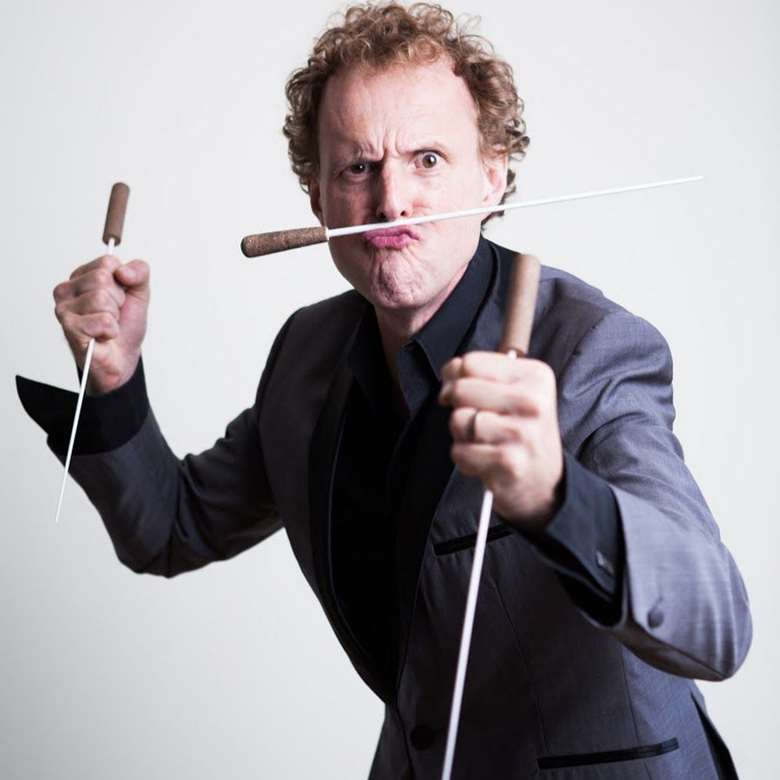Laughter is the best medicine: Rainer Hersch on his fusion of comedy and classical
Rainer Hersch
Friday, March 24, 2023
The British conductor-comedian reflects on a creative career led by his parallel loves: classical music and comedy. Ahead of his April Fool’s Day Comedy Gala at Cadogan Hall, Hersch explains how he successfully fuses these ‘high’ and ‘low’ arts in a comic concert raising money for Help Musicians UK


Register now to continue reading
Don’t miss out on our dedicated coverage of the classical music world. Register today to enjoy the following benefits:
- Unlimited access to news pages
- Free weekly email newsletter
- Free access to two subscriber-only articles per month